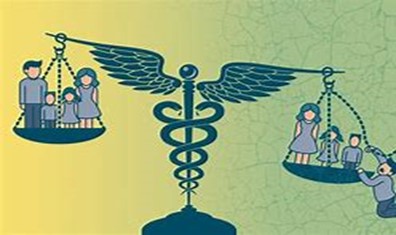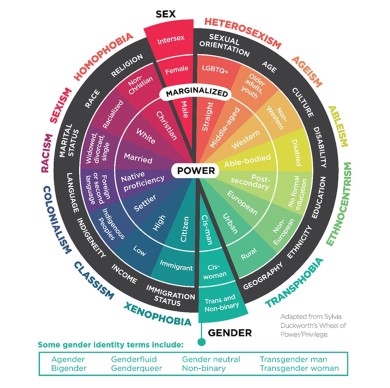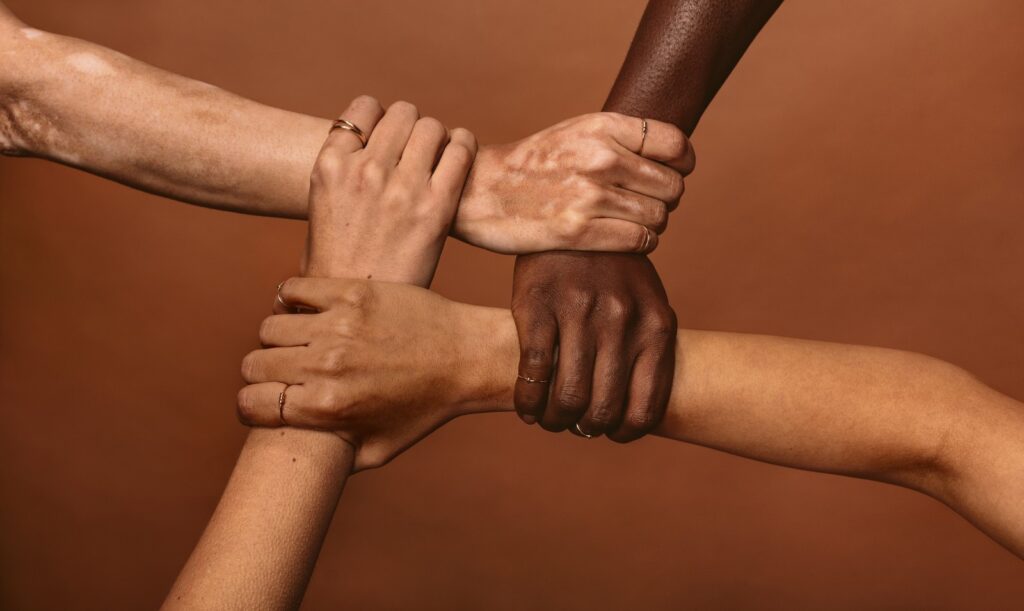BAPO is proud to be a part of a new anti-bullying alliance, supporting and sharing ideas and promoting resources and support systems
Bulling has no place in healthcare or the NHS, and it negatively effects staff, services and patients. BAPO are strongly committed to supporting our P&O professionals alongside the wider healthcare environment to erradicate bullying
For more information and resources see the Anti-Bulling document below




